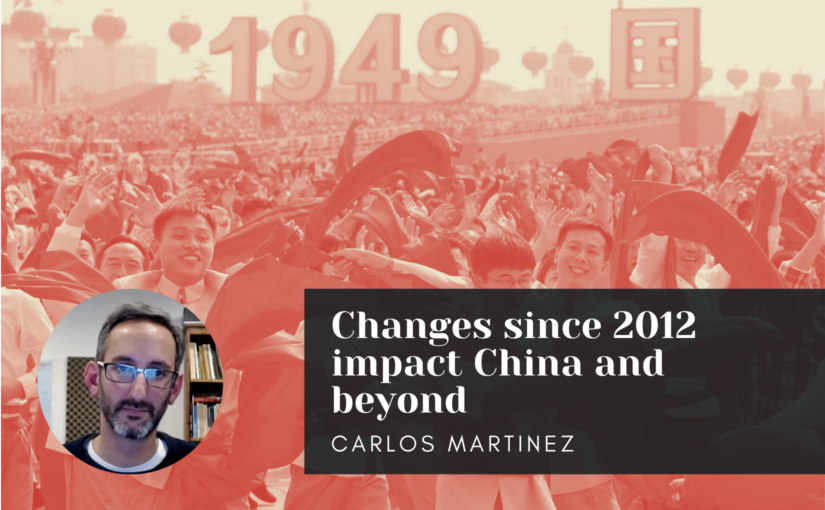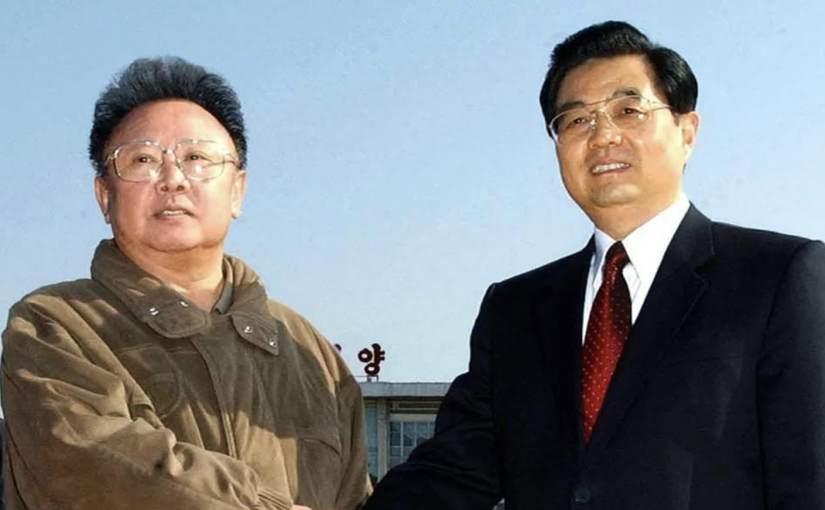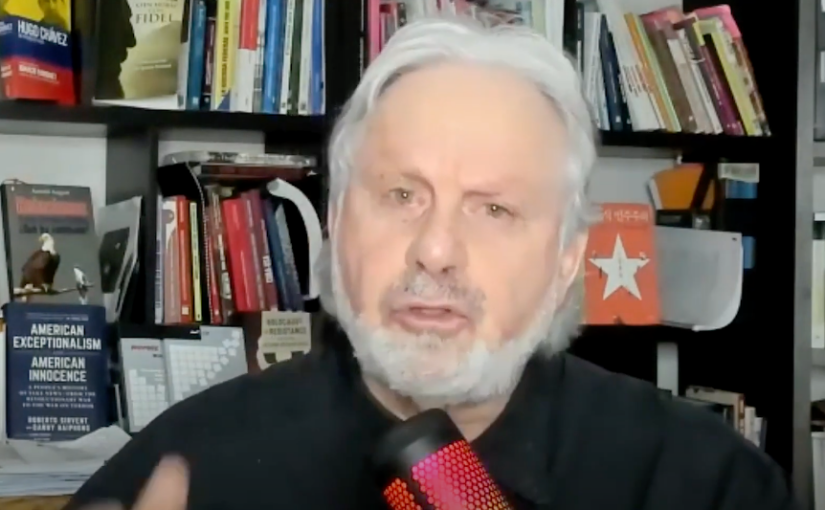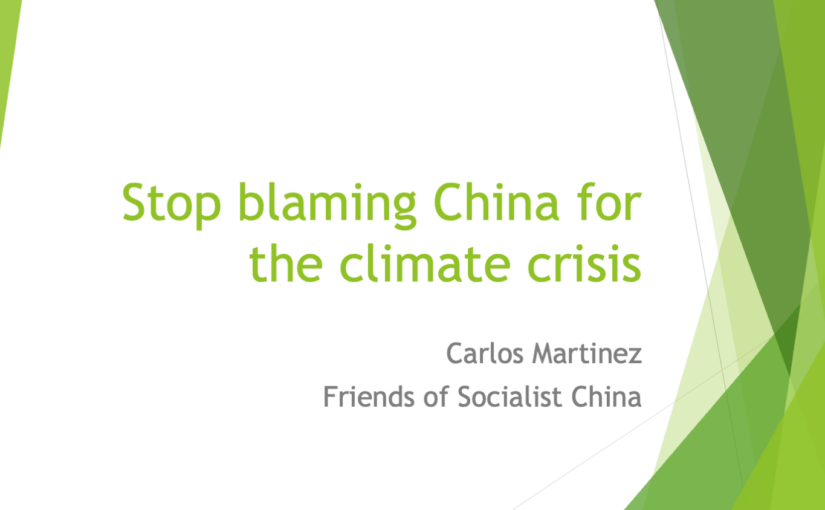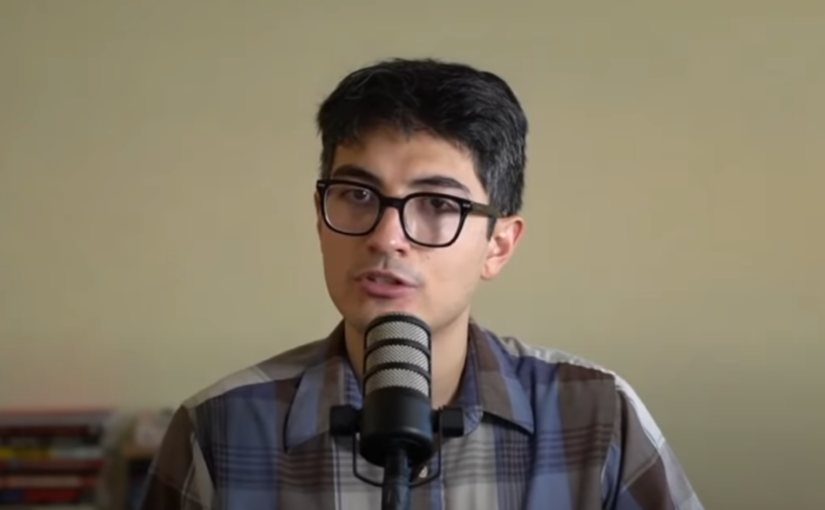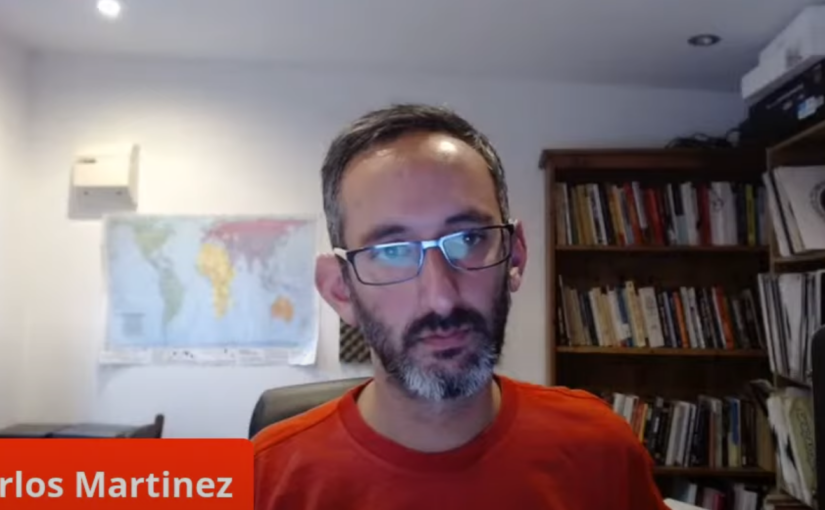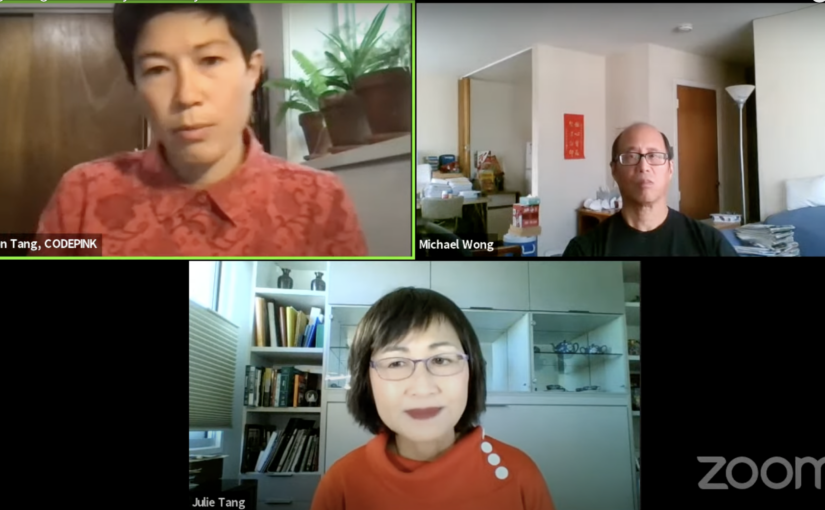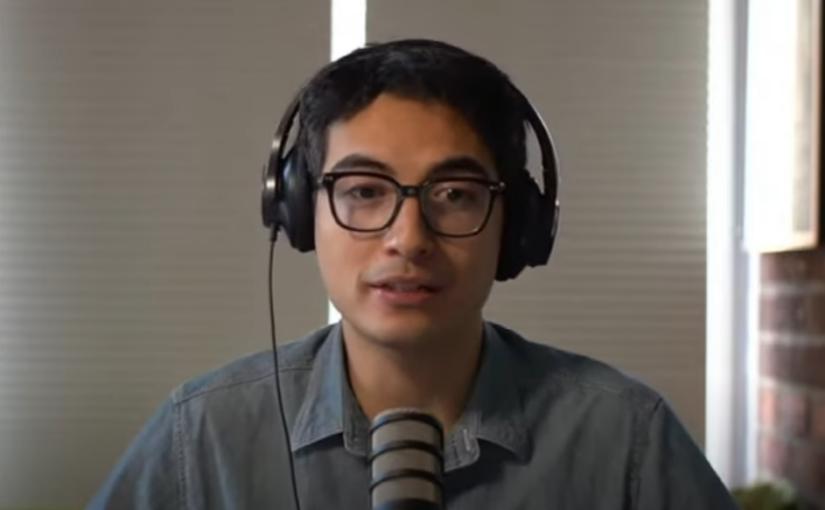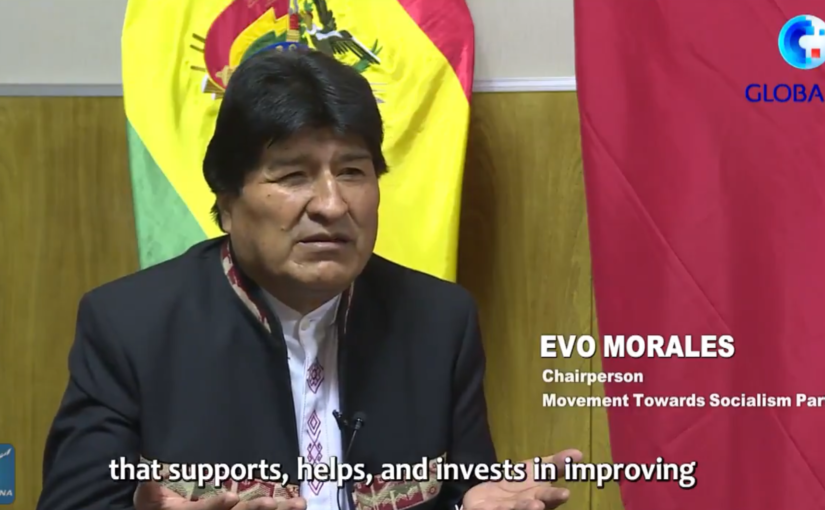In the following short video, produced by China Daily, Friends of Socialist China co-editor Carlos Martinez discusses the extraordinary changes that have taken place in China over the last decade since the 18th National Congress of the Communist Party of China. Carlos particularly emphasises the progress in poverty alleviation, environmental protection, foreign policy, and the pursuit of common prosperity.
Category: Video
Luna Oi showcases Hanoi’s new metro
In the following video, Vietnamese blogger and broadcaster Luna Oi, who spoke at our Summit for Socialist Democracy in December, showcases Hanoi’s new metro system, which opened to the public in January this year. Luna shows how efficient and convenient the metro is, and notes that, since it is subsidized by the Vietnamese government, it is also very affordable. The Hanoi metro is a good example of China-Vietnam cooperation: built by China Railway Sixth Group, its operation is 100 percent in the hands of the Vietnamese metro company.
China-Korea friendship from one century into the next
February 16 marked the 80th birthday of Kim Jong Il, the late leader of the Democratic People’s Republic of Korea (DPRK). Marking this occasion, the DPRK published a special commemorative photo album depicting his contributions to strengthening and developing the traditional friendly relations between the two socialist nations of China and Korea. The contents of this significant historical record were subsequently reproduced in video format. We are pleased to make it available here. It vividly depicts the great importance that Kim Jong Il attached to the relationship with China until the end of his life.
Arnold August: Revolutionary democracy in China and Cuba has resulted in huge advances in human rights
Embedded below is a clip of Canadian author and political scientist Arnold August, speaking at a virtual conference – Human Rights Today: Universal and Global? – organized by Central South University, Changsha, China, on February 27, 2022. Arnold addresses the accusations that China and Cuba are ‘undemocratic’, exposes how this label is weaponized by the US against its political enemies, and explains how the Chinese and Cuban revolutions (in 1949 and 1959) created a type of popular democracy which gives expression to the needs and aspirations of ordinary people.
Video explainer: Stop blaming China for the climate crisis
📺 In this brief presentation, Carlos Martinez gives a comprehensive explanation of why the US and its allies’ attempts to push responsibility for the climate crisis onto China are hypocritical and ridiculous, and why cooperation on climate change is essential.
Danny Haiphong on the collapse of the ‘Uyghur genocide’ narrative
On October 10th, the Associated Press released a report that walked back Western media claims of a “genocide” in Xinjiang Uyghur Autonomous Region. In the video embedded below, FoSC co-editor Danny Haiphong reviews this and other sensational claims about human rights in China to set the record straight.
Interview with Carlos Martinez on the propaganda war against China
On 25 September, Friends of Socialist China co-editor Carlos Martinez was interviewed on the Rebirth of Communism YouTube channel about China: what is the nature of the propaganda war being waged against it? What’s really happening in Xinjiang? Why does much of the Western left support this propaganda war? What are the reasons for the different levels of economic and social progress in India and China since the late 1940s? Will China suffer the fate of the Soviet Union? What does China’s project of being a ‘great modern socialist country’ by 2049 entail?
Hong Kong: From Royal Colony to Color Revolution
In this China Is Not Our Enemy webinar, hosted by CODEPINK and Massachusetts Peace Action, Madison Tang interviews Julie Tang (co-founder of Pivot to Peace and Hong Kong native) and Michael Wong (Vice President of Veterans for Peace San Francisco) about the context and consequences of British and US interference in Hong Kong.
Danny Haiphong on the China-Africa ‘debt trap’
Interviewed by Rania Khalek for the Unauthorized Disclosure podcast, Friends of Socialist China co-editor Danny Haiphong explodes the myth of Chinese ‘imperialism’ in Africa, tracing the roots of the China-Africa relationship in the early period of the People’s Republic and the shared values of anti-colonialism and Global South solidarity.
Evo Morales on China-Bolivia cooperation and the nature of Chinese policy
Embedded below is a lovely short video featuring former Bolivian president Evo Morales, leader of the Movement Towards Socialism (MAS), discussing his thoughts on China, the Belt and Road Initiative, China-Bolivia relations, and his impressions of Xi Jinping. The video, produced by Xinhua, first appeared on Twitter.
Text
The best policy is one that supports social equality, that supports, helps, and invests in improving the social and economic situation of the poorest people. China’s policies aim to help countries, peoples, and social sectors that are often forgotten.
China develops, and helps, invests, without any conditions, just to support our development. China is always ready to cooperate unconditionally.
What I understood is that he (President Xi Jinping) treats us brother to brother, as equals. I never felt that they looked at us from above. That is the difference, even with other countries. Again I want to tell you, a population like China, with more than 1,400 million inhabitants dealing with a nation of little more than 10 million inhabitants, treating them as equals, draws my attention. I feel that it is a cultural fact in humanity.
The Belt and Road Initiative is an impressive initiative proposed by China. Not only the Chinese people, but many people (in the world) are also going to benefit from the Belt and Road Initiative. Bolivia’s interoceanic railway project coincides with this Belt and Road plan proposed by China.
I respect, admire, and love the Chinese president, the CPC, and the Chinese people, as they put humanity in their thoughts.
